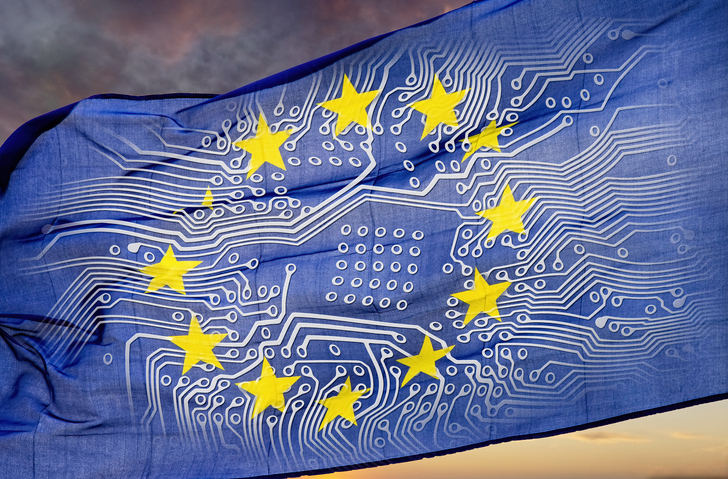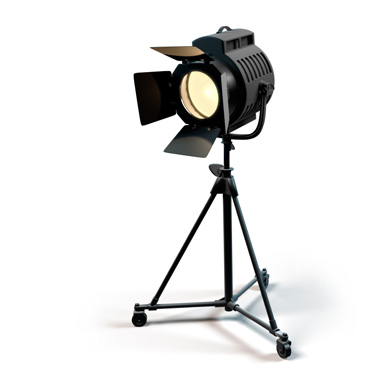
The trusted flaggers in the Digital Services Act

Specialised Lawyer for Copyright and Media Law View profile
On 20th January 2022, the EU Parliament adopted its amendment on the proposal for a regulation on a Single Market For Digital Services (Digital Services Act) and amending Directive 2000/31/EC. As a next step a final version for the future Digital Services Act (DSA) shall be adopted following trialogue consultations.
Chapter III of the Digital Services Act is dedicated to “Due diligence obligations for a transparent, accessible and safe online environment”. Within this Chapter Article 19 on the “Trusted flaggers” is situated. What is exactly behind this figure? And in which context is it relevant?
Trusted flaggers are introduced within the context of “notice-and-action” mechanisms to be established by online platforms for illegal content. Only online platforms that are micro or small enterprises within the meaning of the Annex to Recommendation 2003/361/EC are excluded from this mechanism.
What is a trusted flagger?
Trusted flaggers are entities, explicitly not individuals (see recital 46 of the DSA), which must cumulatively fulfill the following conditions established by the legislator in Article 19 para. 2 DSA. Specifically, the entity must (1) have particular expertise and competence for the purposes of detecting, identifying and notifying illegal content and be active within their designated area of expertise; (2) represent collective interests and be independent from any online platform; (3) carry out its activities for the purposes of submitting notices in an accurate and objective manner; (4) have transparent funding structures; and (5) publish at least once a year a report on actions and notices made in the previous year, which must meet certain minimum requirements.
According to recital 46, “(s)uch entities can be public in nature, such as, for terrorist content, internet referral units of national law enforcement authorities or of the European Union Agency for Law Enforcement Cooperation (‘Europol’) or they can be non-governmental organisations, consumer organisations and semi-public bodies, such as the organisations part of the INHOPE network of hotlines for reporting child sexual abuse material and organisations committed to notifying illegal racist and xenophobic expressions online. For intellectual property rights, organisations of industry and of right-holders could be awarded trusted flagger status, where they have demonstrated that they meet the applicable conditions and respect for exceptions and limitations to intellectual property rights.”
How to qualify as a trusted flagger?
Entities need to apply and provide evidence of meeting all conditions mentioned above. The status has to be awarded by the Digital Services Coordinator of the Member State in which the applicant is established (Article 19 para. 2 DSA). The status is in principle awarded for a period of two years and is renewable (Article 19 para. 3 sentence 1 DSA). Awarded trusted flaggers are published and continuously updated by the Commission in a publicly available database in an easily accessible and machine-readable format (Article 19 para. 4 DSA). The status of trusted flagger may be revoked by the Digital Services Coordinator if he determines, following an investigation either on its own initiative or based on information received from third parties or from an online platform carried out without undue delay, that the entity does not longer meet the statutoryconditions (Article 19 para. 6 DSA).
What are the advantages of being a trusted flagger?
Notices submitted by trusted flaggers must be processed and decided upon with priority and expeditiously, taking int o account due process (Art. 19 para.1).
Our assessment
The institute of trusted flaggers can be suitable to accelerate the remediation of illegal content and to make it more reliable. In practice, it remains to be seen whether the institute can have the effect that take-down notices of entities that are not trusted flaggers lose relevant impact.


